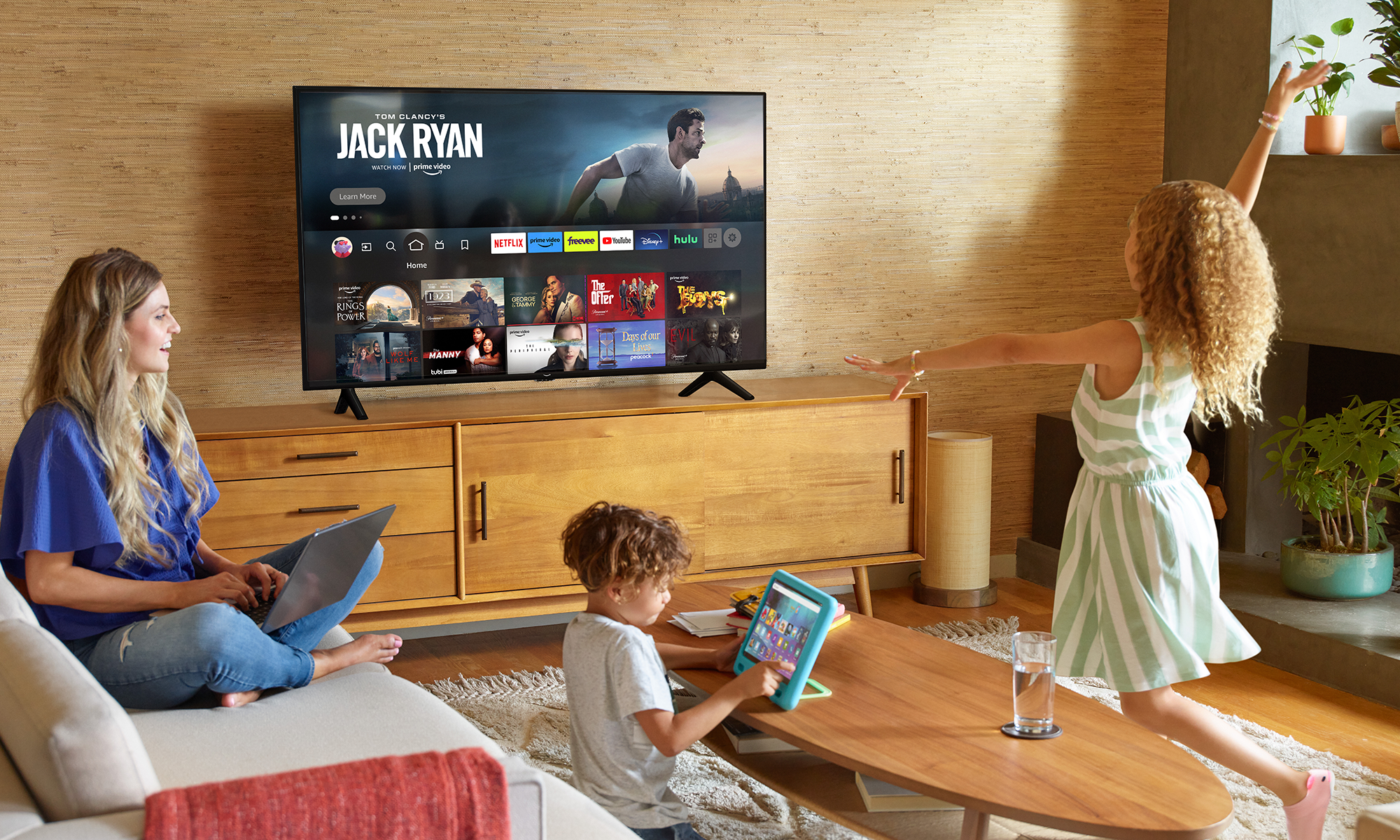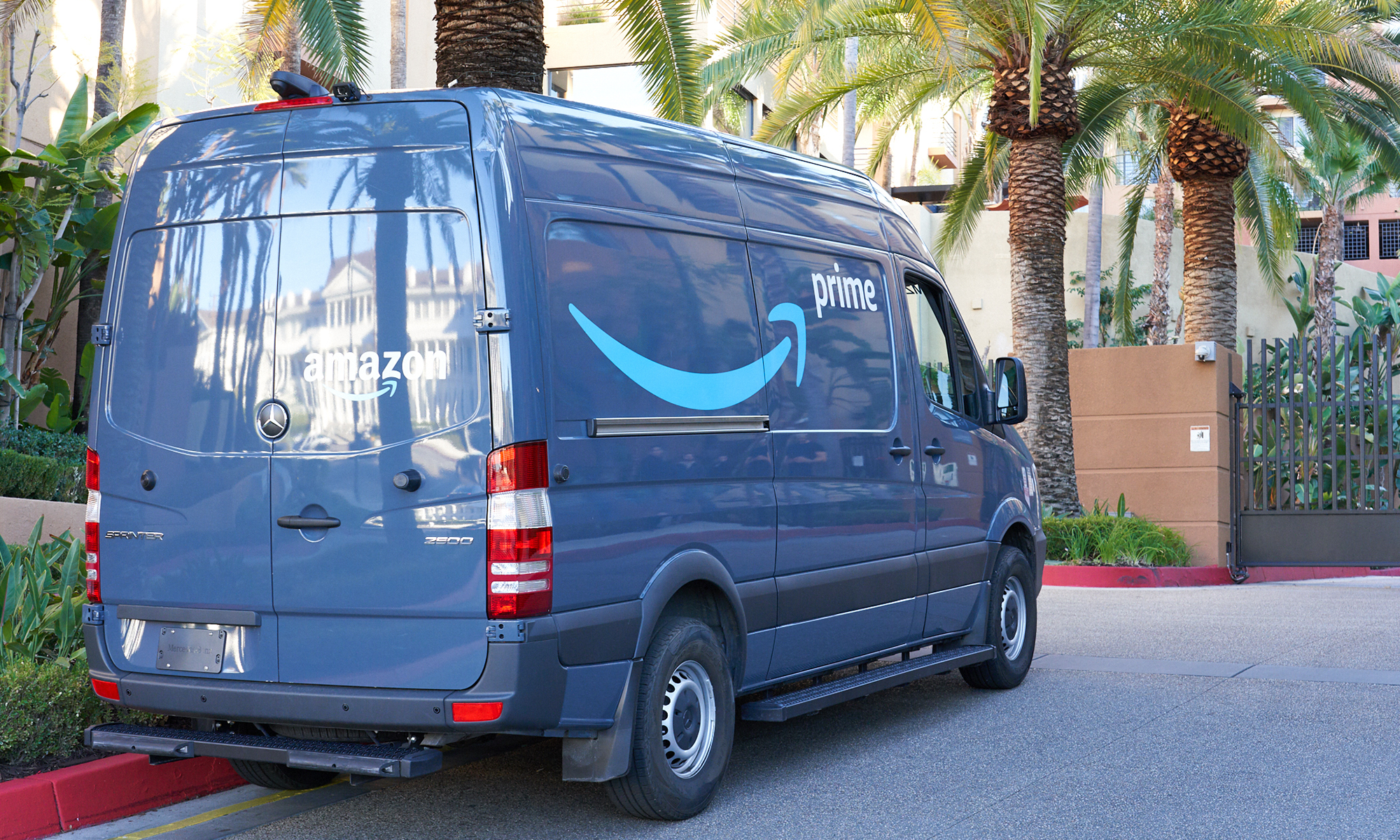Swedish furniture giant IKEA decided in late December to end its two-year experiment in selling some of its items through Amazon.com (AMZN 0.73%). The move comes not long after Nike (NKE 1.23%) made a similar choice to stop using the online retail giant as a middleman and instead develop its own direct-to-consumer digital strategy.
"We are curious and keen on exploring new areas to get new insights on how to reach and serve more people," a spokesperson for IKEA's parent company told Furniture Today. "... The project was a trial, and after it ended, it did not go live. We will continue to dialogue with different partners to test new ways to meet our customers now and in the future."
IKEA had been selling some of its smaller items through Amazon to leverage the online retailer's ability to deliver quickly. The end of that deal, along with Nike doing the same thing, shows that bigger brands may prefer doing online retail on their own rather than allowing Amazon access to their customer data.

Amazon has lost its deals with Nike and IKEA. Image source: Amazon.
How big is Amazon's partner problem?
Working with Amazon is a devil's bargain. The company knows what's selling on its platform and has the ability to make products that undercut its partners. That's perhaps not as big an issue for Nike (which has a certain level of brand cachet) as it is for IKEA, which is differentiated by price.
If a brand -- be it Nike, IKEA, or any other company -- sells on Amazon, it risks being replaced by its partner. Amazon may not be able to make $200 Air Jordans bought by collectors, but it can certainly sell kids' shoes or sensible walking sneakers to budget-conscious adults.
The company represents a bigger risk to partners that sell less-distinct items. IKEA makes furniture, and a lot of its sales are items like bookcases, end tables, and lamps that Amazon can easily knock off.
Amazon can partner with a brand and let that brand take all the inventory risk. The partner company has to build everything, and Amazon can sit back, see what sells, and then offer its own version of those items at a cheaper price.
In addition, when a sale takes place on Amazon, the online retailer has the relationship with the customer, rather than the company that produced the purchased goods. It's an edge because Amazon can market to its customers and eventually get them to buy items that cut the partner brand out of the loop.
Amazon will be fine
Amazon would prefer to sell name brands like Nike and IKEA because those companies attract consumers who, in the long run, buy other things. It's easy to see why big brands may not like this relationship and will choose to go on their own.
Losing companies like this is only a minor blow to the online retail leader. Some customers looking for specific items may go directly to Nike and IKEA, but many will opt to buy something else, and Amazon has plenty of choices in sneakers, athletic apparel, and low-cost furniture.
It probably makes sense for big brands to not lend their credibility and audience to Amazon. Companies like Nike and IKEA might be giving up too much in order to take advantage of the online retailer's incredible infrastructure and huge customer base.
This is a case where Amazon takes a slight loss by losing big brands, but it's only a minor wound. The company won't have some items that its shoppers may be looking for, but in many cases, it will still make the sale.
Offering big names helps Amazon grow faster and capture more customers. Not having them may slow down that process, but it's like a train slowing from 100 miles per hour to 95. Sure, you don't get to your destination quite as fast, but you still get there.





